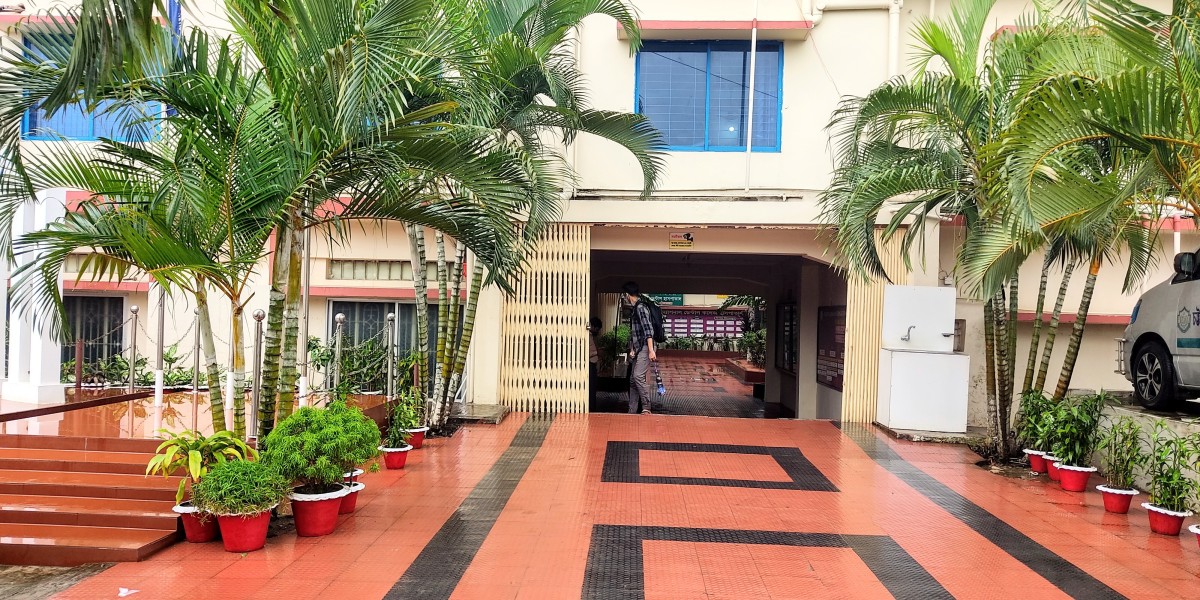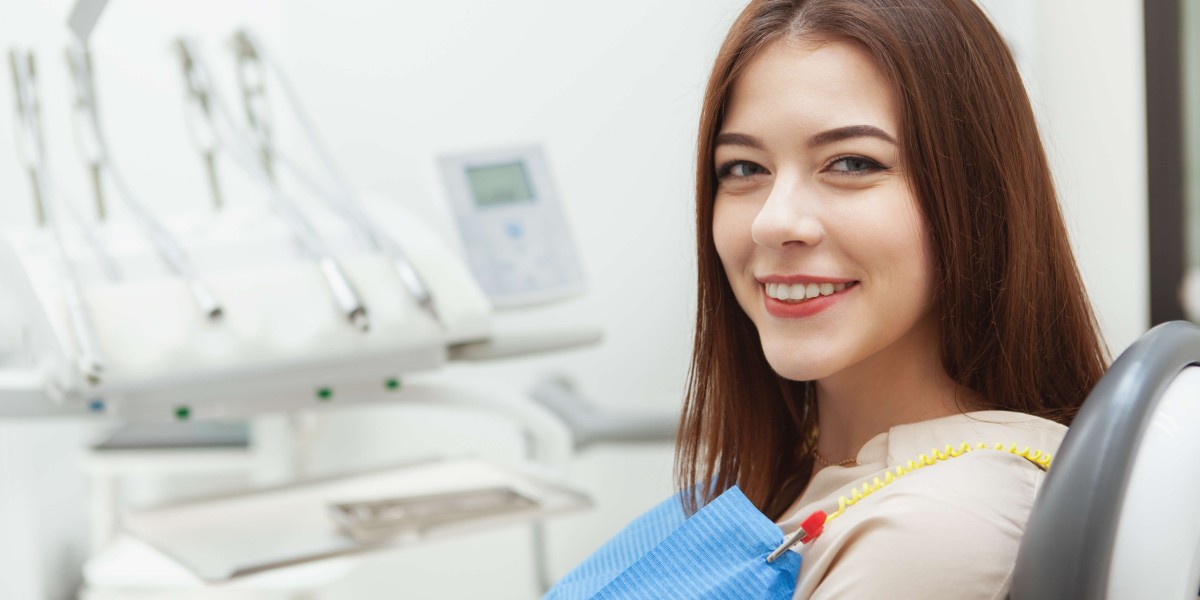Russia is a popular destination for overseas students seeking a Bachelor of Medicine, Bachelor of Surgery (MBBS) degree. Russia is known for its high-quality education system, world-class infrastructure, and low tuition prices, making it a good choice for budding doctors. This page provides an overview of studying MBBS in Russia, covering major universities, admissions procedures, scholarships, and more.
Top Medical Universities in Russia.
Russia has several prominent medical universities that are internationally acknowledged. Some of the top medical universities are:
Lomonosov Moscow State University is one of Russia's oldest and most famous universities, renowned for its wide curriculum and strong professors.Saint Petersburg State University is renowned for its innovative teaching methods and cutting-edge infrastructure.Kazan Federal University provides a modern curriculum with an emphasis on clinical training and research.Novosibirsk State University is known for its strong academic standards and broad clinical training programs.People's Friendship University of Russia (RUDN University) is known for its wide clinical exposure and international connections.Educational Structure
The MBBS program in Russia normally lasts six years, including one year of required internship. The program is broken into several stages:
The pre-clinical phase (first three years) focuses on fundamental medical disciplines such as anatomy, physiology, biochemistry, and histology.Clinical Phase (Next 3 Years): Comprehensive training in Internal Medicine, Surgery, Pediatrics, Obstetrics and Gynecology, Orthopedics, Ophthalmology, Otorhinolaryngology, Psychiatry, and Community Medicine. Students acquire practical experience by rotating across several hospital departments.Internship (1 Year): A required rotating internship in which students work in various divisions of a hospital to obtain hands-on experience with patient care.The Admission Process
Admission to MBBS programs in Russia consists of various processes and eligibility requirements:
Eligibility Requirements: Candidates must have finished their higher secondary education (10+2) with Physics, Chemistry, and Biology as core courses. A minimum aggregate score of 50% in these subjects is usually required.Entrance Examinations: Some Russian medical universities demand an entrance exam for admittance. The exam assesses the candidate's knowledge of several scientific areas as well as their general skills.Application Procedure: Students must submit an application form using the university's admission site. Academic transcripts, a copy of the passport, a medical certificate, and passport-sized pictures are commonly required papers.Interview Process: Some colleges may conduct interviews to determine a candidate's aptitude for medical study.Document Verification: For verification, candidates must present academic transcripts, proof of identity, and any other required credentials.Scholarships and Financial Aid
Russia provides a variety of scholarship and financial aid programs to help students pursue an MBBS degree.
Government Scholarships: The Russian government offers scholarships to international students, which cover tuition and sometimes living expenses.Institutional Scholarships: Many medical school provide merit-based scholarships to high-achieving students based on their academic performance.Private Scholarships: Several private organizations and charities provide scholarships to students studying medicine in Russia.Education Loans: Several banks and commercial institutions offer education loans to students pursuing MBBS in Russia. These loans pay for tuition, living expenses, and other educational costs.Visa Processing for International Students
International students wishing to study MBBS in Russia must complete particular visa procedures:
Application Submission: International students must apply for a student visa through the Russian embassy or consulate in their native country. The application should include the university's entrance offer letter, academic transcripts, passport copies, and any other relevant papers.Document Verification: The embassy or consulate will verify the documents supplied and may conduct an interview to determine the candidate's eligibility.Visa Issuance: After successful verification, students will be granted a student visa, allowing them to go to Russia for their studies.Registration in Russia: Upon arrival, international students must register with local immigration officials and universities. This process comprises submitting required documentation and receiving a residency permit.Opportunities and Challenges.
Studying MBBS in Russia presents a variety of opportunities and challenges:
Opportunities:
Quality Education: Russia's medical universities provide a tough curriculum that blends academic knowledge and practical abilities.Affordable Tuition Fees: In comparison to many other nations, the cost of medical school in Russia is reasonable.Global Recognition: Medical degrees from Russian universities are recognized by major medical authorities around the world, including the World Health Organization and UNESCO.Diverse Clinical Exposure: Russia's healthcare system offers broad clinical exposure, including a wide range of cases and patients.Cultural Experience: Studying in Russia provides students with a unique cultural experience, allowing them to immerse themselves in the country's rich history and traditions.
Challenges:
Language Barrier: Although many medical programs are taught in English, students may encounter language challenges during local interactions and in clinical settings.Climate Adaptation: Due to Russia's diverse climate, pupils may need to adjust to changing weather conditions.Cultural Adjustment: Transitioning to a new culture and lifestyle can be difficult. It requires an open mind and a willingness to try new things.Degree Recognition: Students should guarantee that the medical degree they receive from their chosen university is acknowledged by their native country's medical council.
Conclusion
Studying MBBS in Russia is an exciting prospect for aspiring medical professionals. The combination of high-quality education, low tuition, and global renown makes it a viable endeavor. Despite the hurdles, the benefits of receiving extensive medical training, seeing cultural diversity, and having access to contemporary facilities make the travel worthwhile. To succeed in this competitive and challenging sector, aspiring students must thoroughly prepare, stay focused, and commit to their goals. With determination and hard effort, students can take advantage of Russia's exceptional medical education and possibilities, paving the route to a successful medical career.
Search
Popular Posts









